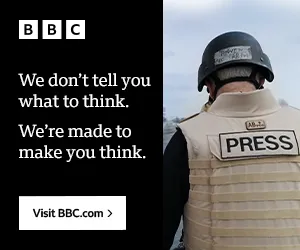Caught in the midst of a months-long expenses scandal that shows few signs of abating, President Jacob Zuma of South Africa chose a carefully-managed event to ease himself into his role as host of this year’s World Economic Forum on Africa.
Sitting alongside Ghana’s vice-president Kwesi Amissah-Arthur and WEF founder Klaus Schwab, Zuma fielded questions from a pre-selected group of ‘young global leaders’ – a comparably gentle ride after a week of media coverage focusing on the vasts costs of his Nkandla homestead.
With journalists confined to the back corner of the expansive Tshwane hall at Cape Town’s Convention Centre, it was left up to the young Africans to throw some curveballs the president’s way – and after a slow start, one rose to the challenge.
After a number of routine answers on the role of youth in society, a noticeable murmur drifted through the audience when Zuma was asked about the role of transparency and accountability in ensuring good governance. The President appeared unbowed by the scrutiny.
“We have a very strong anti-corruption culture that we’ve developed – this government has established a lot of institutions fighting corruption,” he said.
South Africa’s public battle with graft dominated international headlines this week amid widespread allegations – denied by South Africa – that the country had paid a $10m ‘bribe’ to host the 2010 World Cup.
Zuma, draped in his trademark South African scarf and appearing relaxed, refrained from commenting on specific cases but argued that the government has led the drive against rigged tender processes, and pointed to parliament and the public protector as key actors in the fight against for corruption.
That reference might have had a few South Africans shaking their heads after a month in which police minister Nkosinathi Nhleko – appointed by Zuma – publicly contradicted the findings of a key report by public protector Thuli Madonsela. Madonsela had argued that Zuma should repay money that was spent on upgrades to his Nkandla home – said to include a swimming pool, tuck shop and kraal.
Nhleko’s report – criticised by local media as a whitewash – exonerated the president and argued that the upgrades were necessary for the president’s security.
Lest anyone believe that there is a hierarchy of justice in South Africa – with frequent talk of ANC leaders escaping corruption charges – Zuma attempted to reassure his audience that the law is blind.
“It doesn’t matter if you are small or big…We have structures to investigate [corruption]. Even the President has been investigated thoroughly, that’s how effective the process is.”
After scandal upon scandal involving the upper echelons of South Africa’s political elite, that is a claim that will be closely watched by the public in the months ahead.
David Thomas
Want to continue reading? Subscribe today.
You've read all your free articles for this month! Subscribe now to enjoy full access to our content.
Digital Monthly
£8.00 / month
Receive full unlimited access to our articles, opinions, podcasts and more.
Digital Yearly
£70.00 / year
Our best value offer - save £26 and gain access to all of our digital content for an entire year!

 Sign in with Google
Sign in with Google 





